Sightsinging, Aural Skills (aka ear training), Sight reading, Memorisation, and Musical Competency12/11/2023 There is a relationship between sight singing, aural skills, sight reading, theory, memorization, theory, music history, and musical competency. Undergraduate musical programs have strengthened these skills and demonstrated the clear relationship between them and musical competency for hundreds of years.
Clearly, studying with a music teacher such as I will not take the place of undergraduate study. However, I can prepare the student for those studies. And more importantly however, I can help strengthen those skills in my adult hobbyist musicians. Programs such as the Royal Conservatory of Music (RCM), and the Faber's series called Piano Adventures, and others, have well thought out curriculums, in a logical order, that cover all these important areas. The pictures below have links their content. All the information is free and does not require registration etc. However, some, but not all, will require you to purchase them at your local store. I do not take a commission from any sale. If I can help you, call me. David
0 Comments
1. This chart helps to explain why taking notes is so important at a lesson. Don't just rely on the teacher's notes. Writing notes will help you to remember the class with more clarity.
2. This chart explains why the best time to practice is immediately after the lesson. 3. This chart explains why spaced repetition is so important. We forget most things we've learned if we don't heed the science of forgetting. 4. This chart demonstrates that we forget two-thirds of what we practiced the day before. 5. The chart should give you comfort that you are a normal learner. 6. The Harvard paper below offers some concrete helpful information on memorisation. If I can help you, call me. David References: Replication and Analysis of Ebbinghaus’ Forgetting Curve | PLOS ONE How Memory Works | Derek Bok Center, Harvard University Tips.
1. Count aloud throughout. 2. Count one measure before you begin. 3. Practice counting and clapping first. 4. Record yourself clapping and listen back to evaluate your success or lack thereof. 5. Play one hand and count aloud. Record yourself playing and listen back to evaluate your success or lack thereof. 6. Play two hands and count aloud. Record yourself playing and listen back to evaluate your success or lack thereof. 7. Do this and similar exercises for the rest of your piano career. If I can help you, call me. David How to prepare to attend a classical music concert.
Talking HeadsShort explanation This goes deeper Herbert von Karajan conducting the Berlin Philharmonic (1977) with scrolling score The score and parts are at the bottom of this page.
I recently returned from Scotland where I attended, Mostly Audio 2023, an audio/music/Ai workshop and conference. This video summarizes all that's wrong with Ai generated music while missing the creative possibilities of Ai.
My take aways from this video.
However, this video does raise interesting questions for music education. The structure, delivery methods, and content of musical education will need to quickly evolve to stay relevant. But I have a few questions. Relevant to whom? Do all students want to be creators or producers? What will be the nature of musical collaboration? Who will have time to listen to all this easily generated music? Who will care? Is the joy of making music in the work or the output? How will this be monetized? Did the "creators or producers" of this video have licenses to use the likenesses of John Coltrane? David This is a perennial favorite of music students. Let's look at a few key terms and concepts. Canon is a melody that accompanies itself at a staggered interval. Row, row, row your boat is a well-known example. In this canon the melody, played by the violinists, follows itself in two measure intervals. Ground Bass is the violoncello melody that repeats its 8 note pattern throughout the piece. Cembalo or continuo is the chordal accompaniment that is improvised behind the violins. In this video it is played by the organ and the lute. Notice that the cembalo left hand outlines the ground bass. Other notable orchestral canons can be found in J.S. Bach’s Musical Offering. The canons in that suite of pieces feature 2 violins chasing each other around accompanied by the continuo. Have Fun. David I suggest you vary the tempi, dynamics, and articulations of the following warmup etude. These passages can also be transposed to other keys, both major and minor.
David Super video demonstration but...
Let's consider the assumptions he is making about you the student/listener.
What is my job? I prepare students to understand and execute what he is talking about. The first thing we will do is assess your situation and then we'll draw up a logical plan.
Call me, David BTW: in 2017, I studied with Peter Martin in Rome Italy at the ROMA Jazz Workshop. He's a great guy and a very skilled musician. When I grow up, I want to play piano like him. FYI. I was in Rome studying jazz drumming with Greg Hutchinson. Greg played in Ray Brown’s last group. Updated 2024 When learning to play Brazilian jazz it is best to go to the primary sources, the original and other seminal recordings recorded in Brazil, both past and present. At the end of this sample of Brazilian recordings is a fine recording by Kenny Barron, who it must be said, has listened to the original recordings. Practice routine? Spend an afternoon playing the melody with the recordings, mimicking as much as possible what you hear. Then add the chords. David
Here is my top 10 list of skills to work on ahead of camp. You don't need to be an expert, but you will need some familiarity with the following skills and activities.
1. Comping and voice leading chords. 2. Practice sightreading simple chord charts like blues in Bb and F, Summertime, Killer Joe, etc. Click out the Aebersold picture for some suggestions. By clicking on the image, you will go to a product page. I don't take a commission. 3. Play along with recordings. 4. Record yourself and listen back. 5. Practice playing louder because drums are loud. 6. Practice your right-hand broken chords for every tune on the Aebersold list. 7. Use a metronome on everything you play and practice. 8. Learn to clap and count aloud eighth note jazz rhythms. 9. Listen to jazz daily. 10. Sign up early to camp because piano spots go quickly. What tunes should you practice? If I can help you, call me. I've attended a dozen jazz camps over the years as a pianist and drummer. David Lesson Plan Materials needed:
Have fun. If I can help, call me. David revised August 2022 Playing the piano is much easier when the scales and chords have become automatic in our hands. Below is the fingering chart for all 3 note chords like C major and G minor. Another name for a 3-note chord is a "triad". I've cropped this image from a student's notes. If I can help you, call me. David My first demonstration of pedaling using the Midiculous software. Jane is learning how to play chords to her favorite pieces. This is how I've recommended she spend her time. Practice time breakdown 25% scales and chords with metronome at various tempos 25% review of old work 25% new pieces 25% sight reading tunes off the internet. Notice the search terms in the image below. Click on images and viola things to practice. David October 2022 Update: Jane is still in lessons. She is currently learning how to create and play walking bass lines in jazz standards. Revised October 2022 I'll send you a Zoom link, a list of learning materials required for the first lessons, and suggestions from colleagues on setting up Zoom audio and a picture on where to set up your camera. See you in class.
David YouTube has many piano duets you can enjoy. You play primo. The score for this piece is available, free of charge and registration, through the link above. Learn your part then put on headphones, or ear buds and play along. Remember YouTube videos can be slowed if required.
Have fun David Revised November 2022 4 hours of practice: No Grinding. Top 5 tips for practicing any musical instrument
Playing
General and Jazz Specific Theory
If you would like some help, call me. David Being able to recognize the forms within a Baroque Dance suite, by ear, will be helpful. This will get you started on your listening journey. Enjoy.
How I Prepare to Learn Or Teach A New Piece of Music: Haydn Sonata in C And Bourrée in F By Telemann1/8/2021 When I take on a new piece of music of any complexity I will go through some or all the following steps. My goal is to have a clear artistic impression of the piece before I begin. 1. Compare the different scores available to me. 2. Seek out professional recordings. 3. Print the music as I will be marking it up. 4. Study the form and phrasing of the work. Sometimes, as in the Telemann I will mark in the phrasing. 5. I will consider the era in which it was written for clues on possible interpretations. 6. I translate any unfamiliar terms I find in the score. 7. I might consult other sources to explore the style and era of its creation. For the Sonata in C, I enjoyed re-reading the section on Haydn ornaments in the book below. 8. I will listen to multiple professional performances and mark on the score ideas of interest. I often will slow down a recording to hear how the artist plays their ornaments. 9. I might consult with a colleague or my piano coach as well. In short, I will have a clear set of ideas, those I discovered and my own, to explore as I now start to "learn" the piece. I will share these with my students. If I can help you discover intriguing world of classical music, please call me. David
Bach's WTC would be one of the 2 music books I would take with me if I was to be exiled to an island. David 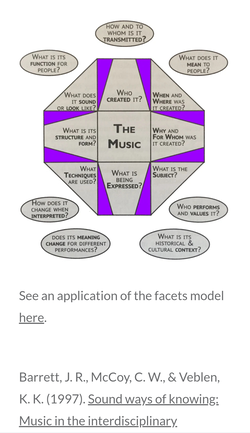 Know more than the notes. Exploring the questions of sociological context, compositional techniques, recorded history and more will add depth and sophistication to your playing and security to your memorization. Click on the picture for more, or for the "science" click the link. Here is a simple example: 1st Movement of Sonata in F minor op. 1 Who created it? Beethoven, German Romantic era composer 1770–1827 When and where was it created? 1795 Vienna Austria Why and for whom was it created? Dedicated to his teacher Joseph Haydn. Apparently it was his first publicly published work. What does it sound or look like? Dramatic opening rocket type theme of the tonic, then dominant chord announces that there is a "new kid in town". Great dynamic contrasts throughout the movement keep us focused. A composition of a young man. What kind of structure or form does it have? Classic Sonata Form What is its subject? The interplay is between the 2 main themes in the exposition and their development through many key centers. What is being expressed? Youthful exuberance, drama and compositional skill demonstration of the classical era style. What techniques did its creator use to help us understand what is being expressed?
David  Restarting piano after a 4-decade hiatus? How to get started. The hands will be slow. But they will improve. Patience is the key here. An analogy: You were at 18-year-old track star back in the day. You buy a pair of expensive running shoes, the kind that promise speed, endurance, and youth. First day out, you run 10K. It is glorious, next day you can’t move. Shoes go in the closet; you are back in front of Netflix. Oops, you’ve made a tactical mistake. Try this instead.
Have fun, if I can help, call me. David |
You've got to learn your instrument. Then, you practice, practice, practice. And then, when you finally get up there on the bandstand, forget all that and just wail. AuthorI'm a professional pianist and music educator in West Toronto Ontario. I'm also a devoted percussionist and drum teacher. Categories
All
|
||||||||||||||||||||||||||||
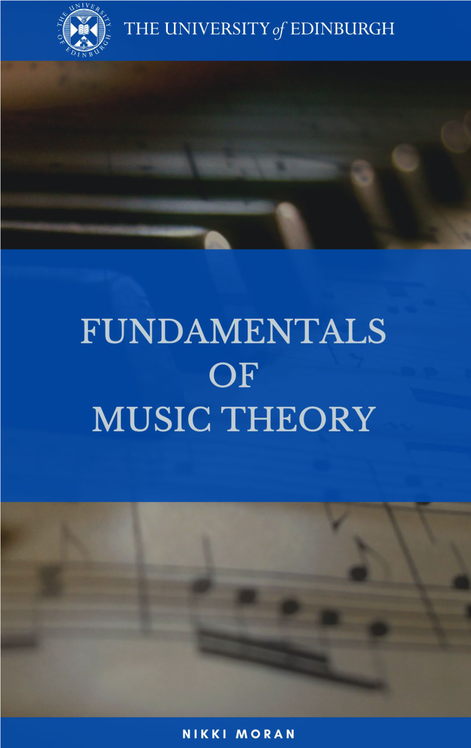
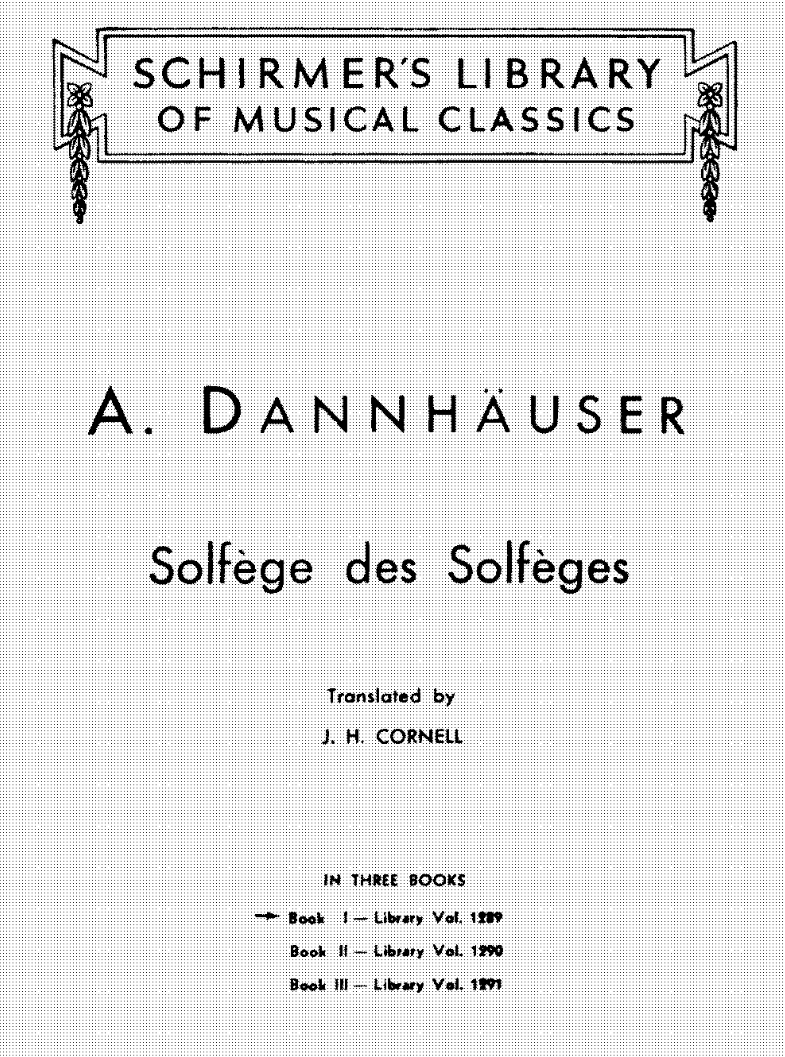

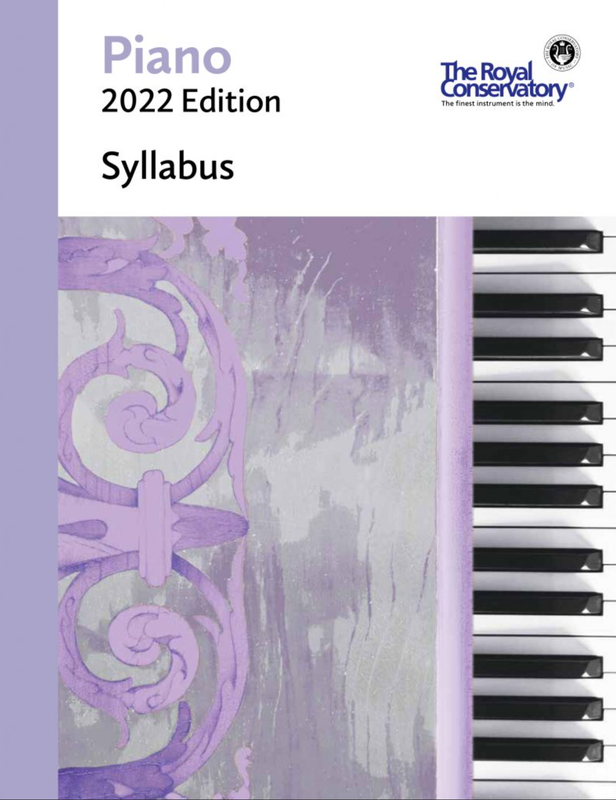
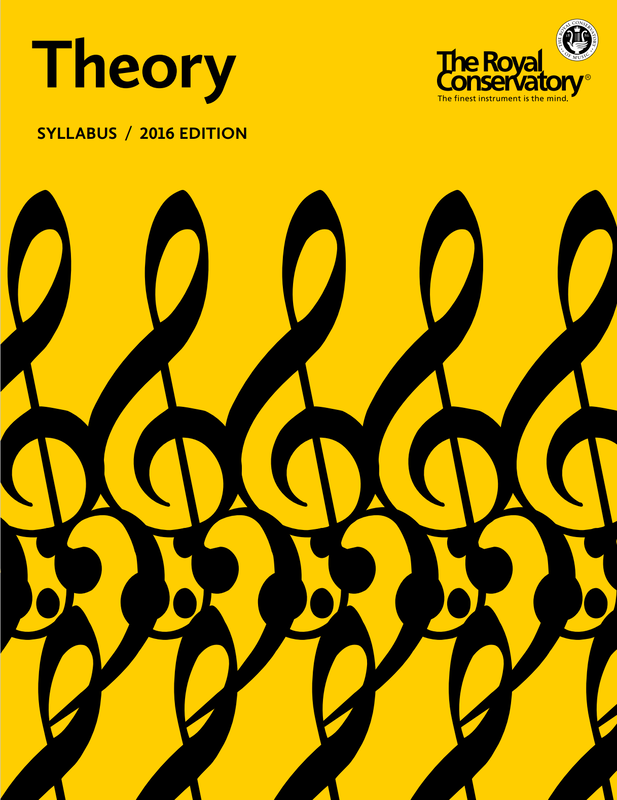
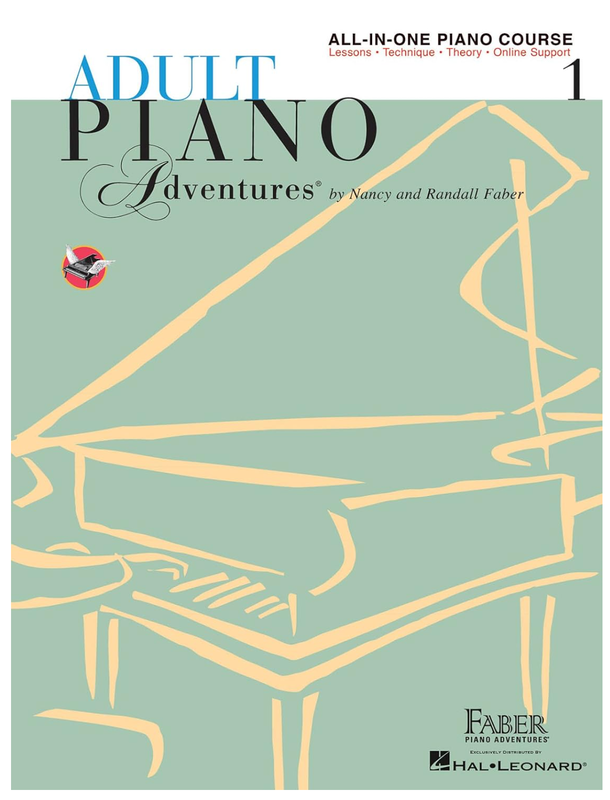
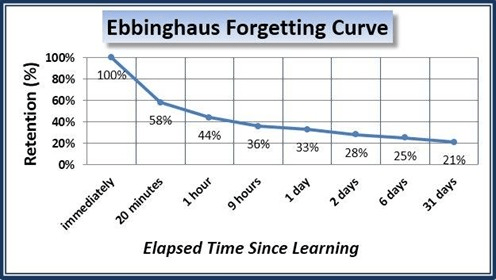
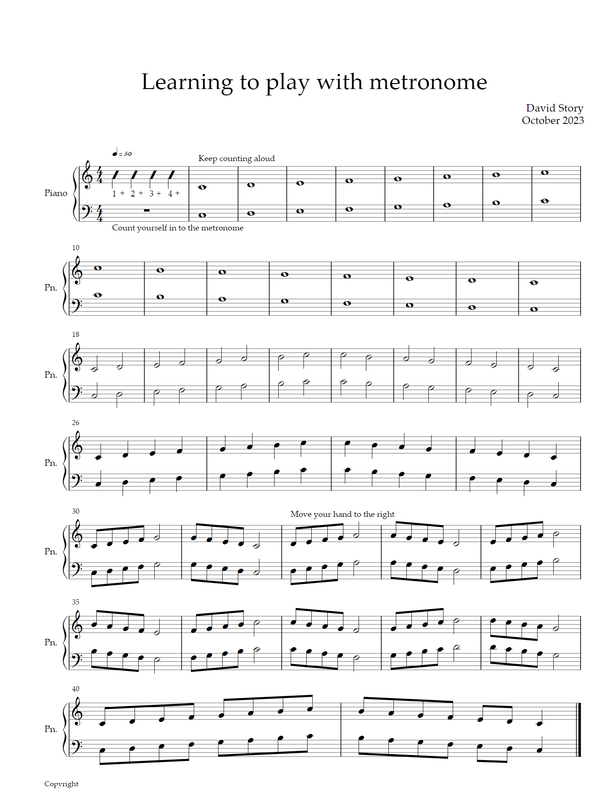
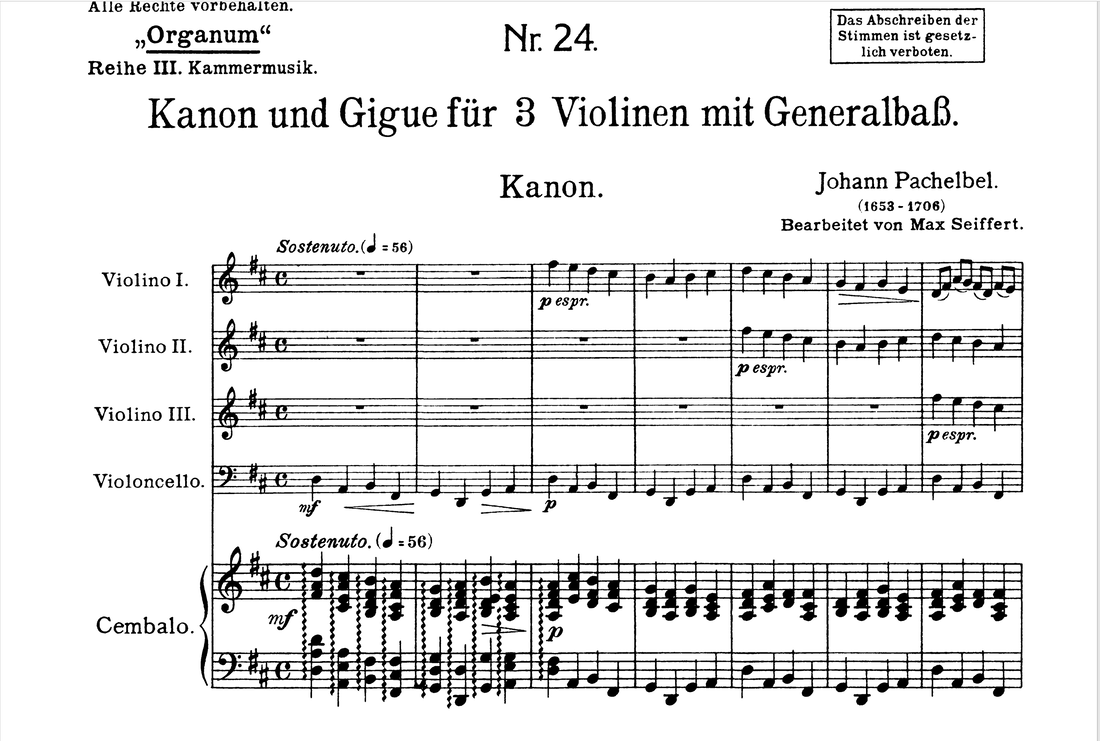
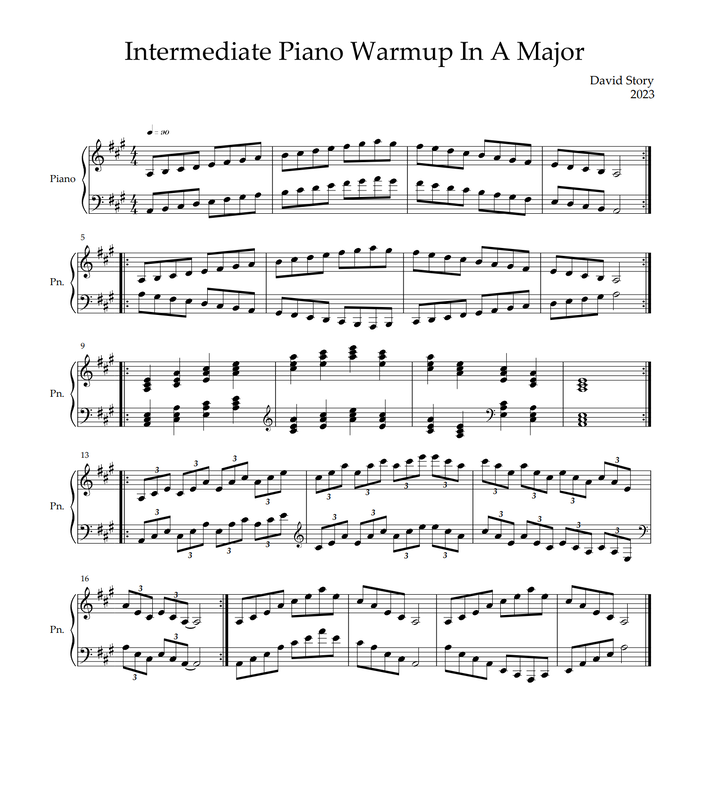
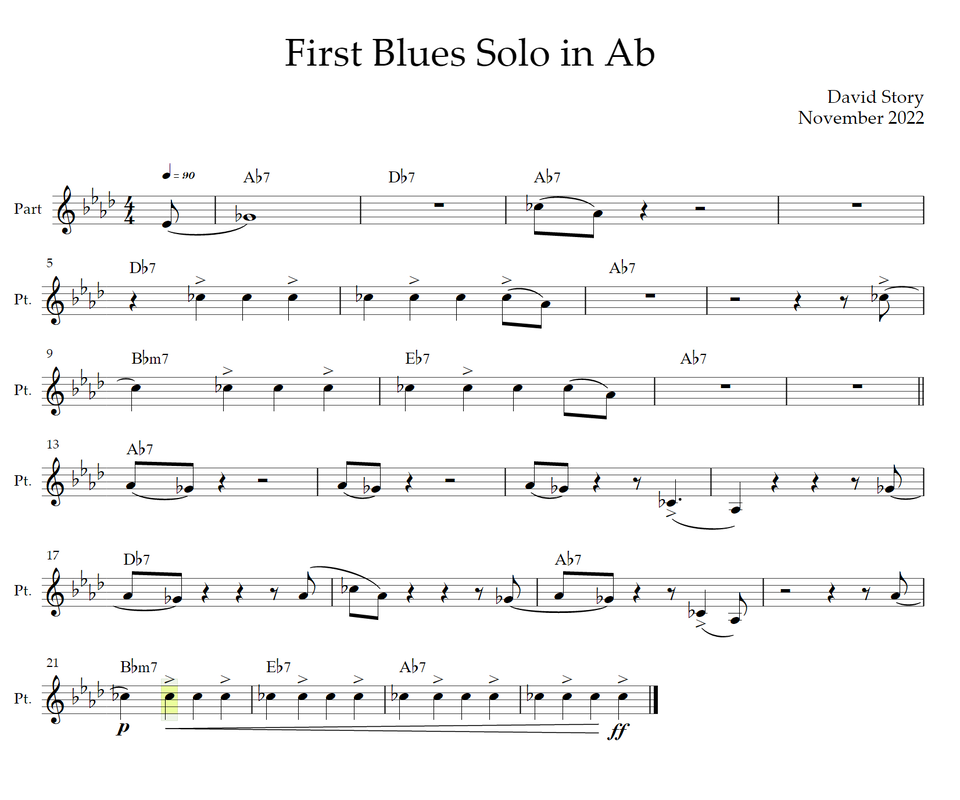
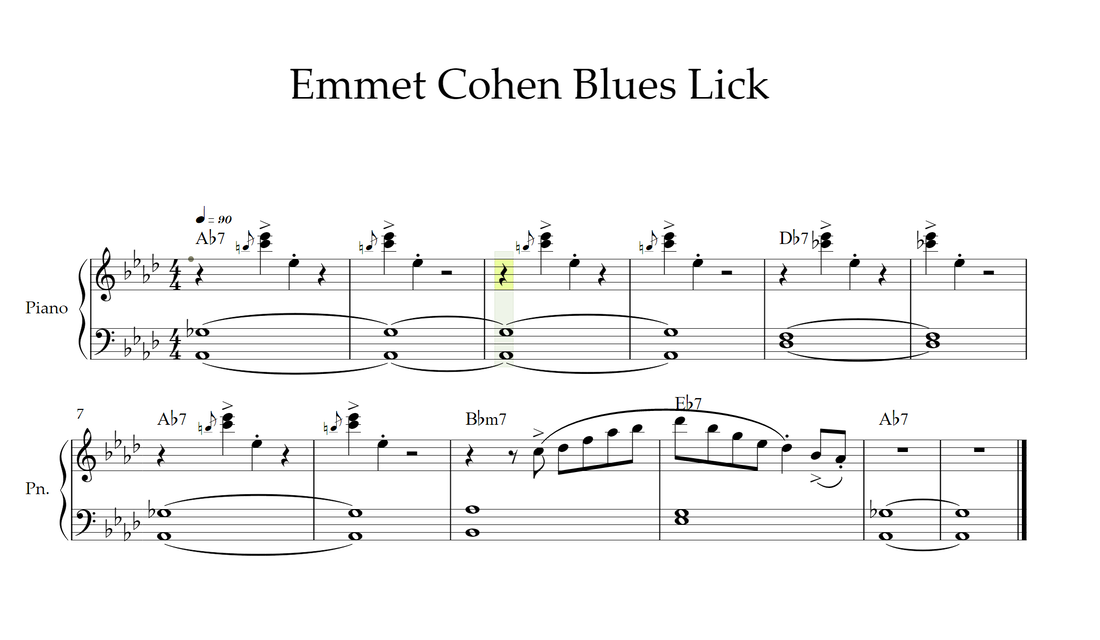
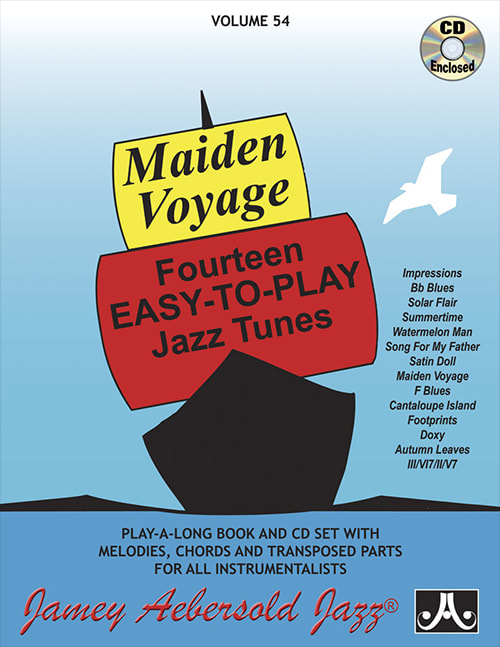
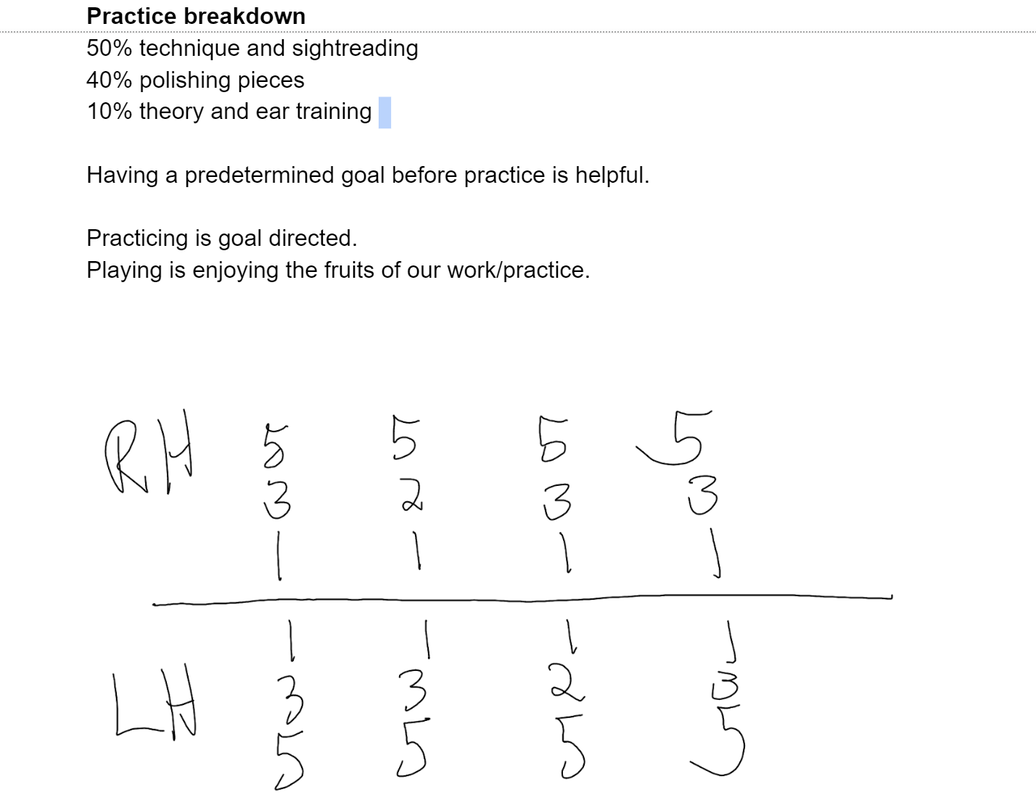
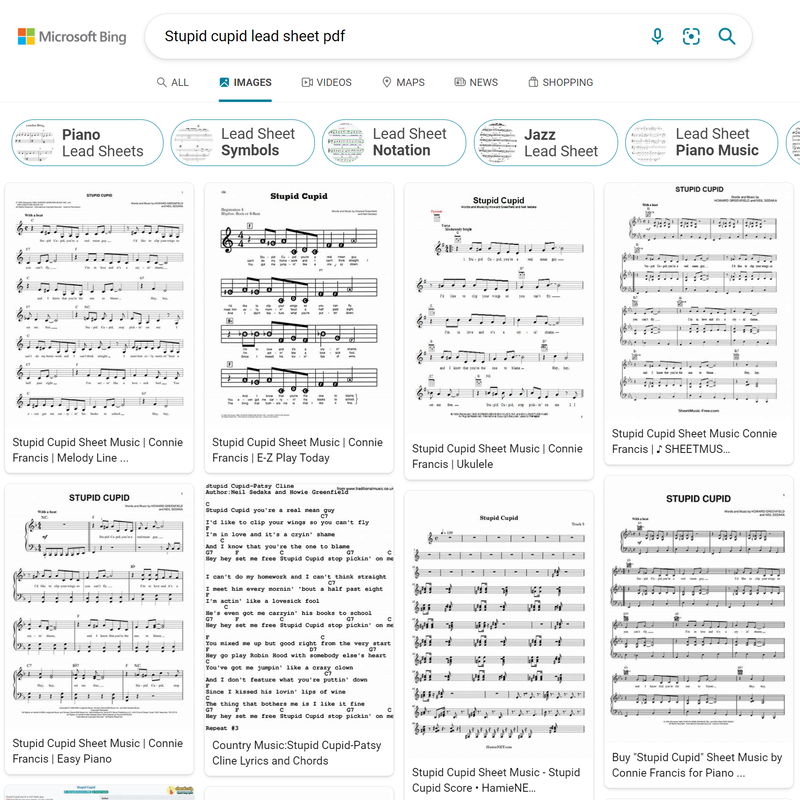
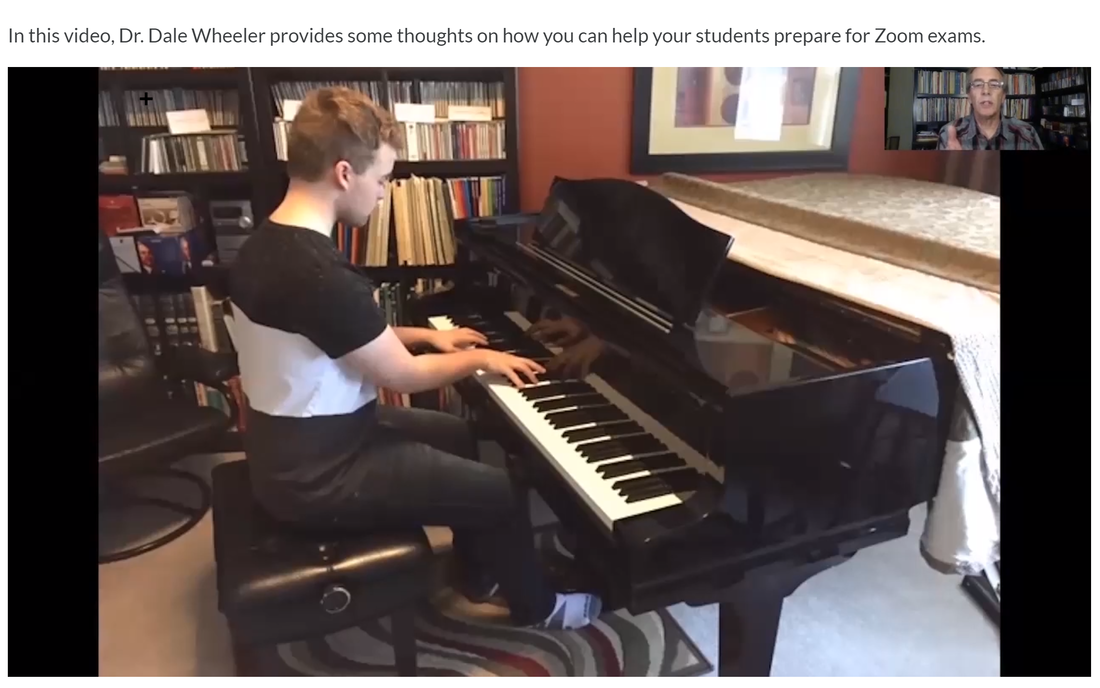

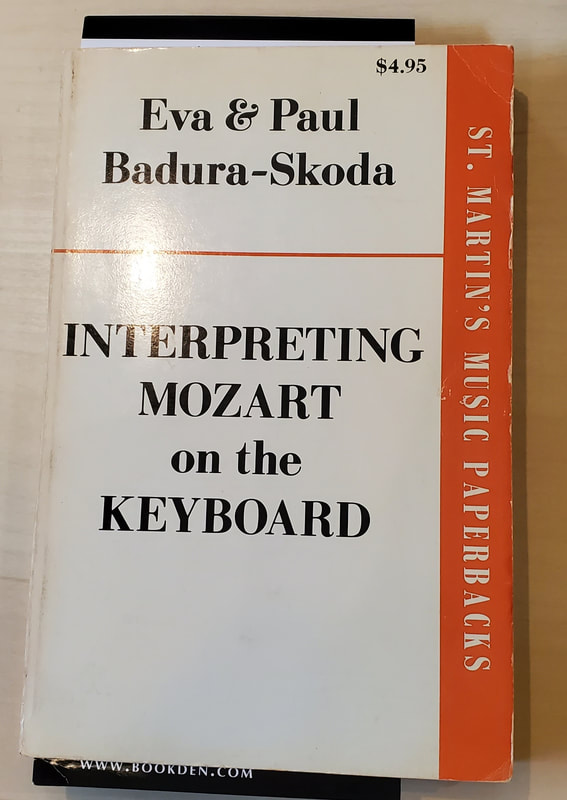
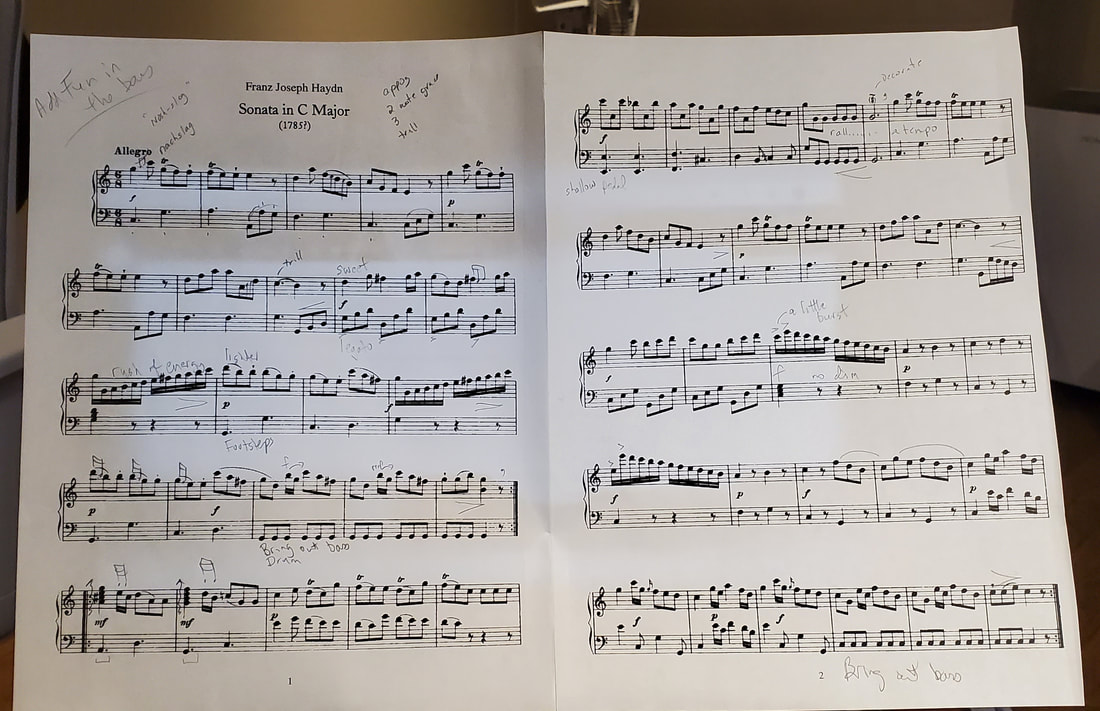
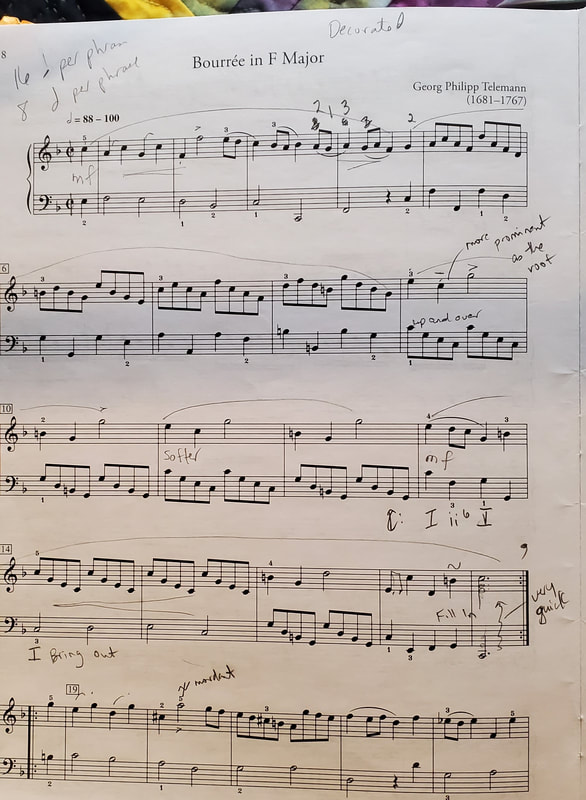
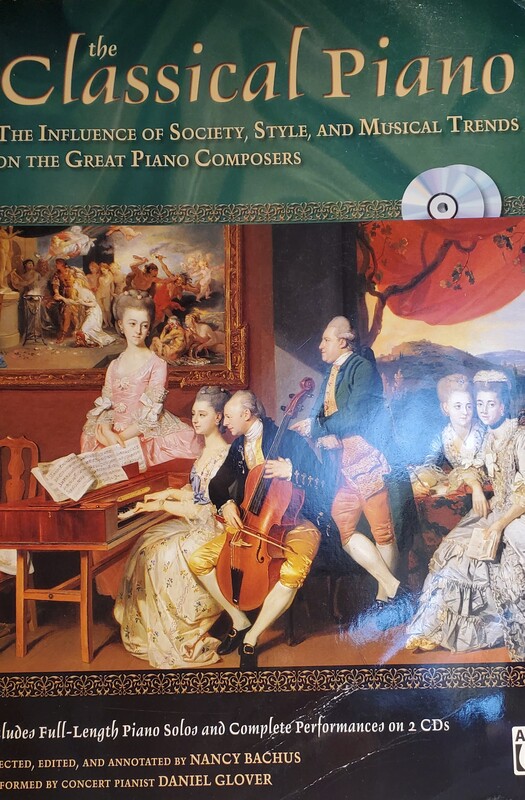
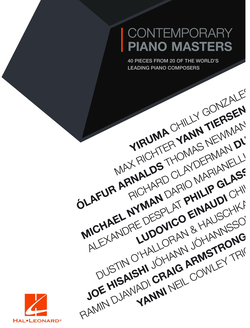
 RSS Feed
RSS Feed